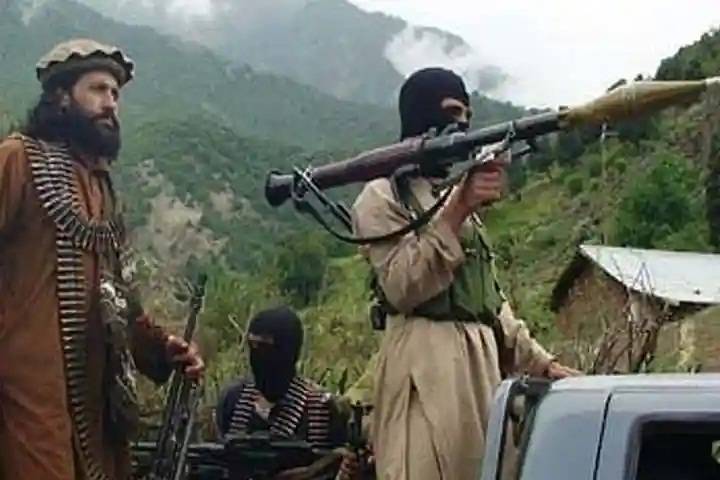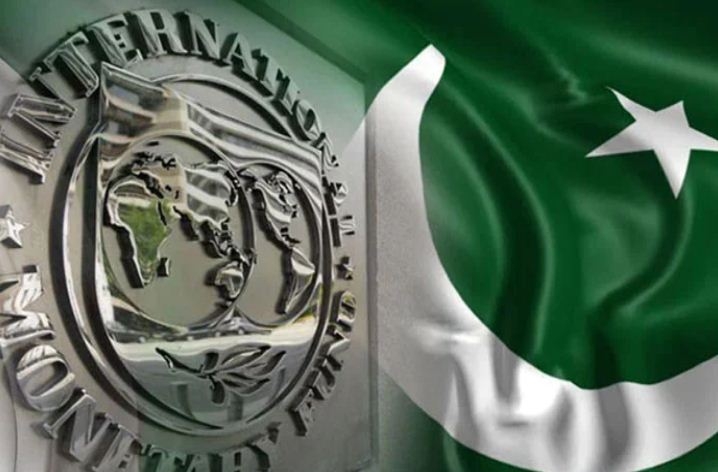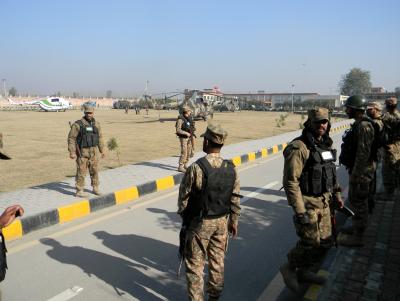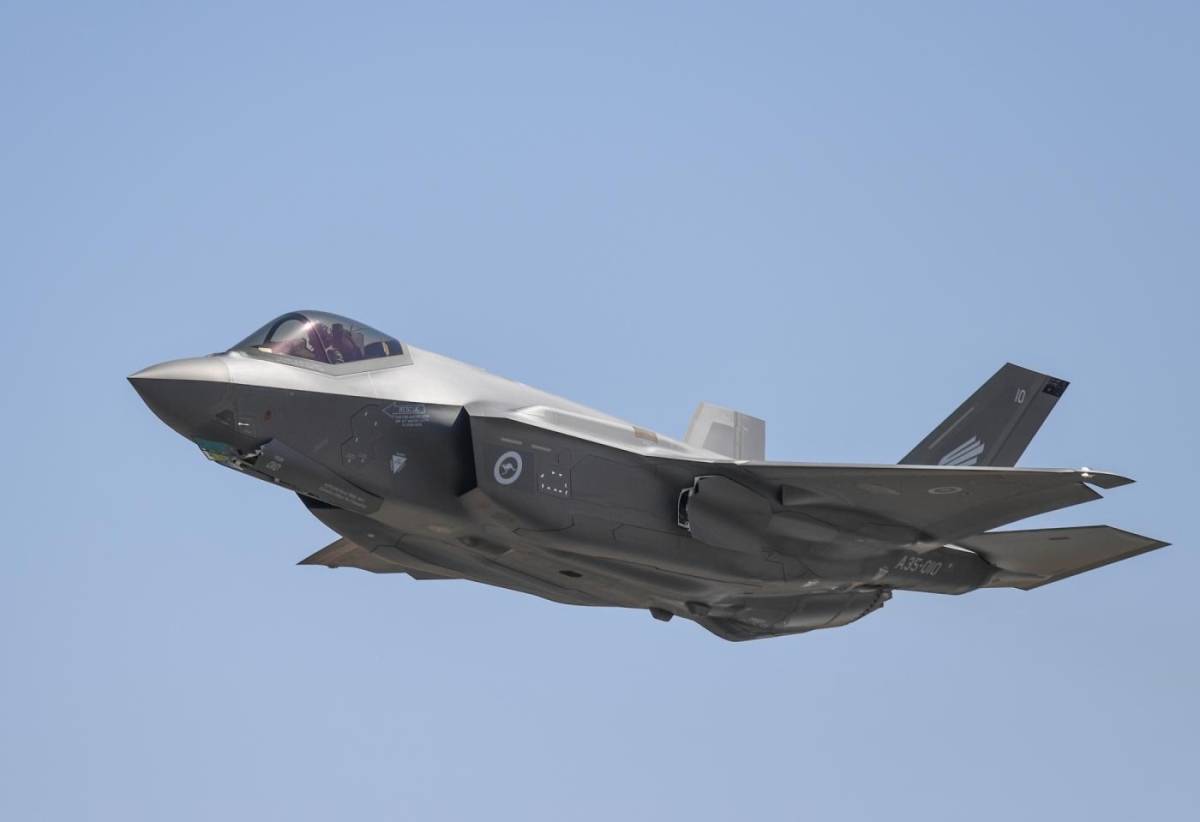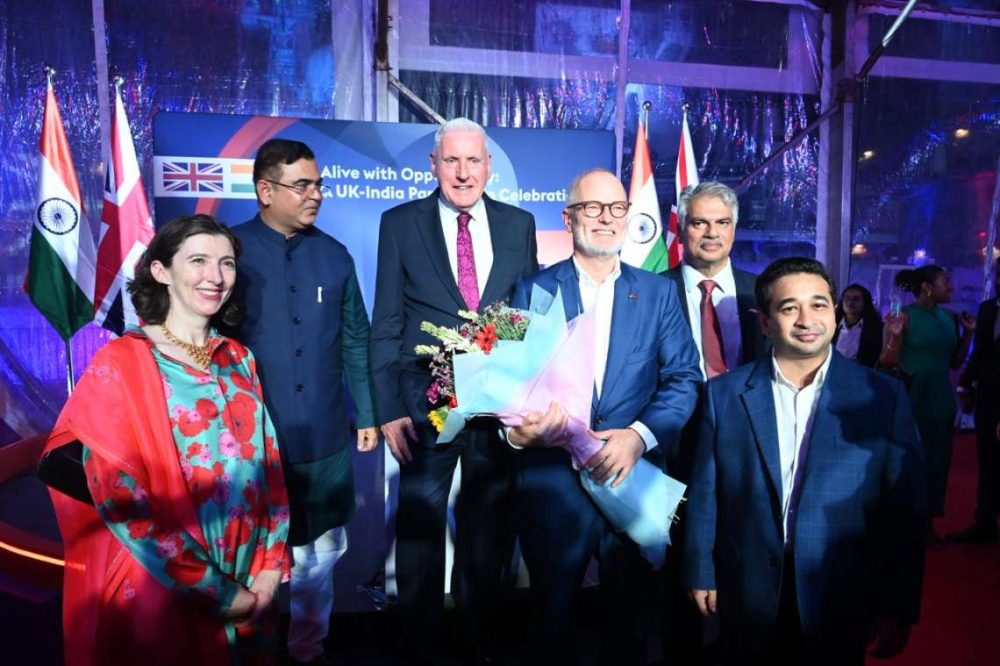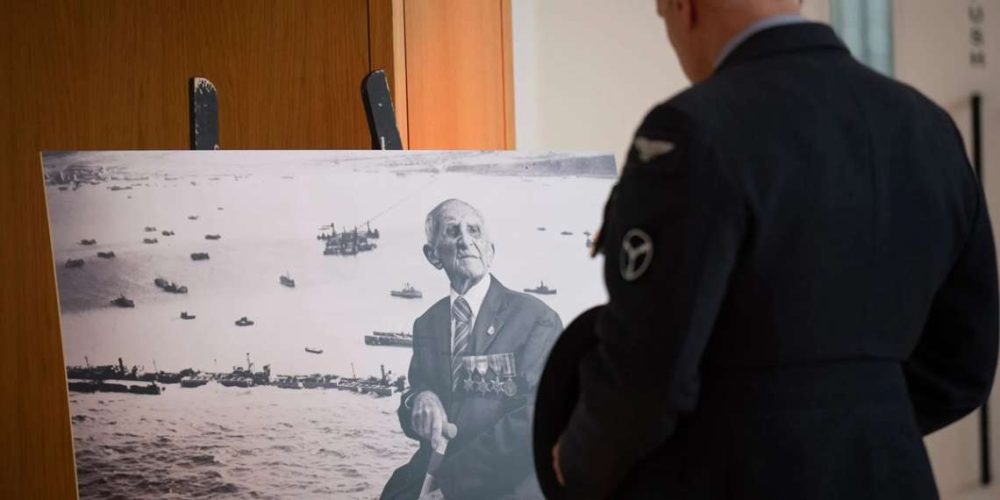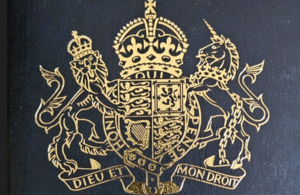FATF too expressed concern about the current evolving money laundering and terrorist financing risk environment in Afghanistan…reports Mrityunjoy Kumar Jha
Once again, the Financial Action Task Force (FATF) has failed to blacklist Pakistan.
FATF, the global body working to combat financing of terrorism and money laundering let Pakistan off the hook, despite Islamabad’s repeated failure to adequately investigate and prosecute senior leaders and commanders of UN-designated terrorist groups. Nevertheless, Pakistan remains grey-listed -a dubious position that it has maintained for more than three years in a row. The main reason for Pakistan’s embarrassing status is its inability to tackle the money laundering and terror financing that FATF had earlier flagged.
FATF President Marcus Pleyer asserted that of the 27 action points agreed under the June 2018 plan, Pakistan has implemented 26 but has not addressed the most crucial point – the investigation of senior leaders and commanders of UN designated terrorist groups.
FATF also expressed concern about the current evolving money laundering and terrorist financing risk environment in Afghanistan. “We affirm recent UNSC resolutions on situation Afghanistan. We demand that country not be used to plan or finance terrorist acts,” Pleyer said.
Interestingly, the latest US Congressional report on terrorism “Terrorist and Other Militant Groups in Pakistan”, underlines that at least 12 groups designated as “foreign terrorist organizations” by the US are based in Pakistan including five that are India-centric. As per the US administration, Islamabad continues to remain a base of operations for numerous non-state militant groups, many with global reach.
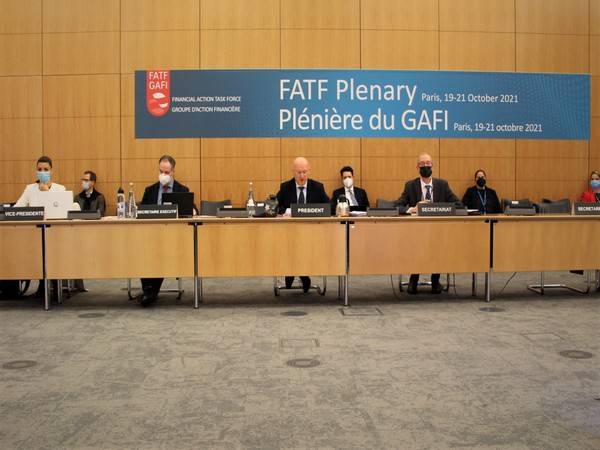
In the last meeting of the FATF, Pakistan was given time until October to act against 8 terror groups – the Afghan Taliban, Jamaat-ud-Dawa (JuD), Haqqani Network, Jaish-e-Mohammed (JeM), Lashkar-e-Taiba (LeT), Falah-e-Insaniat Foundation, al-Qaeda and Islamic State.
“Some of these entities and their leaders are now part of the interim Afghan government. That makes it impossible for Pakistan to move against them,” says Shahbaz Rana, a Pakistani journalist.
Interestingly, few hours before of the FATF press conference on Thursday, the Pakistani foreign minister Shah Mahmood Qureshi and ISI chief Faiz Hameed were meeting Taliban ministers including Sirajuddin Haqqani, the interior minister of Afghanistan and chief of UN designated terror outfit Haqqani Network. He has a bounty of $ 10 million on his head. Experts believe that Pakistan has not given recognition to the new government in Afghanistan yet fearing possible action from FATF. The Pakistanis backed the Taliban diplomatically even financially, not to mention militarily.
FATF too expressed concern about the current evolving money laundering and terrorist financing risk environment in Afghanistan. “We affirm recent UNSC resolutions on situation Afghanistan. We demand that country not be used to plan or finance terrorist acts,” Pleyer said.
And Pakistan has to act by the next session of the Global watchdog scheduled to be held in February next year. Earlier China, Turkey and Malaysia have been helping Pakistan to prevent its blacklisting but now Turkey finds itself in the greylist of the FATF.
(The content is being carried under an arrangement with indianarrative.com)


